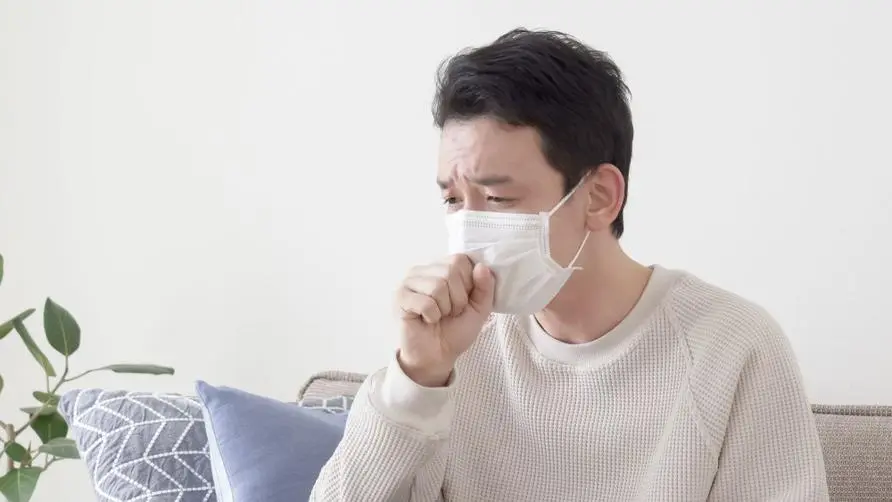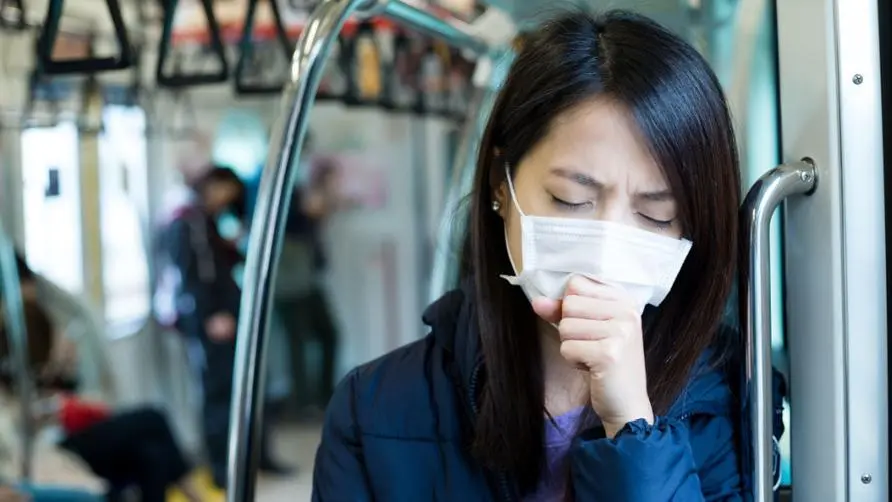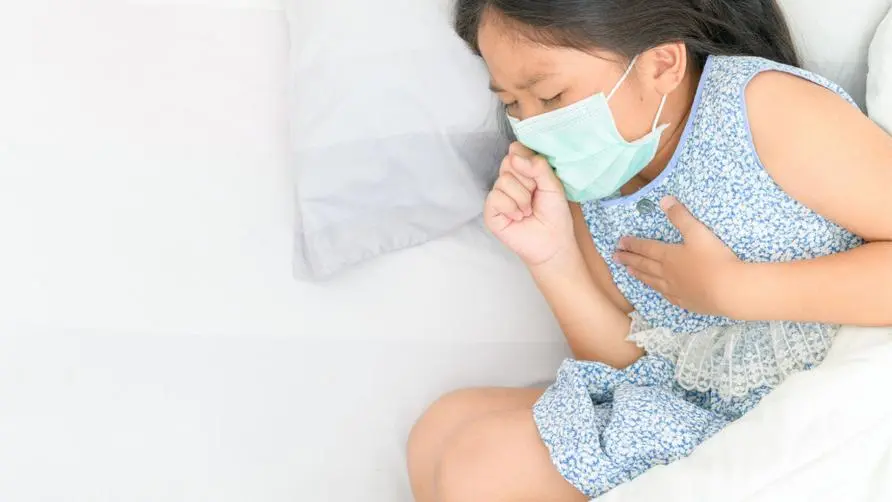What is the "RSV" that Jacky Cheung is infected with? Could it be more serious than the flu virus? Doctor: The sequelae of "Group 1" may last up to 10 years

Jacky Cheung’s concert was forced to be canceled due to the epidemic! What are the symptoms of RSV?
“Song God” Jacky Cheung came to Taiwan to sing, but unfortunately he was infected with “Respiratory Fusion Virus” (RSV) a few hours before the performance, and had to announce an emergency suspension of the concert, which made countless fans sad. Dr. Huang Limin, former director of National Taiwan University Children’s Hospital and professor of pediatrics, said that RSV-infected groups cover all age groups, especially vulnerable groups such as the elderly and young children, who need to pay more attention to the risk of severe disease.
Dr. Huang Limin explained that RSV is a virus that can be infected by all age groups. It is common in infants and young children. Symptoms include runny nose, loss of appetite, coughing, sneezing, fever or wheezing. Most symptoms will occur within 1-2 weeks. However, for the elderly with chronic diseases and those with respiratory comorbidities, the risk of hospitalization after RSV infection is higher; infants under 1 year old are particularly at high risk for RSV infection and severe hospitalization.
Dr. Huang Limin further pointed out that RSV patients are prone to symptoms such as dyspnea, cyanosis, and hypoxia after being infected with the virus, or may be complicated by pneumonia and bronchitis; RSV clusters are more likely to occur in confinement centers, baby care centers and other places. In addition to reducing the risk of taking infants and young children into crowded places and washing hands frequently, the best prevention method for parents is to vaccinate infants with monoclonal antibodies to reduce the risk of RSV infection and severe disease.
RSV hospitalization rate is 7 times higher than enterovirus! The sequelae of “Group 1” may last up to 10 years
Dr. Huang Limin said that the severity of RSV infection is inversely proportional to “lung capacity.” Because the lung function of infants under 1 year old is still developing, the bronchi are as narrow as the tip of a pen. Once infected, it will cause difficulty in breathing or become short of breath, and serious symptoms such as hypoxia, cyanosis, and depression under the ribs will require immediate hospitalization; The hospitalization rate is seven times that of enterovirus. In addition, RSV infection in infants will affect daily routines such as eating and sleeping due to difficulty breathing, leading to dehydration or nutritional deficiencies, which is not conducive to recovery.
Once an infant is infected with RSV and causes pneumonia or bronchitis, it is usually recommended to stay in the hospital for observation. More than 80% of hospitalized patients with RSV are healthy full-term infants. RSV is almost the biggest threat to infants under 1 year old. In addition, RSV is highly contagious, and each infected person can infect four babies. Cluster infections occur from time to time in postpartum care homes, child care centers and other places.
The impact of RSV infection on infants is not limited to the period of illness, but follows them as they grow. Dr. Huang Limin said that being infected with RSV does not bring lifelong immunity, and is more likely to leave long-term sequelae such as asthma and recurrent stridor, which may damage the respiratory function for up to 10 years and cause indelible damage to his childhood growth.
Is RSV more serious than the flu virus? If you have a premature baby at home, you should be vigilant
What are the differences between RSV and influenza viruses and human metapneumovirus (hMPV) that may also cause severe illness in infants and young children? The American Lung Association (ALA) guidelines state that hMPV and RSV usually cause symptoms similar to a common cold, which last for about 2-5 days and disappear on their own; in addition to cold symptoms, influenza viruses have more body aches and gastrointestinal symptoms, and the incubation period Shorter than the other two.
Children, people with weakened immune systems, and the elderly are prone to complications from hMPV infection. Most children infected with hMPV are 5 years old or younger, and a small number of infected children (5-16%) will develop lower respiratory tract infections such as pneumonia. If influenza is not treated promptly, it may induce serious complications such as pericarditis, otitis media, encephalitis, viral or bacterial pneumonia, etc.
The American Lung Association points out that the symptoms of RSV are similar to those of hMPV, and the incubation period is not much different. However, the former is more likely to occur in children under 2 years old and even infants under 1 year old. In addition, if premature infants and children with congenital heart and lung diseases are infected with RSV, they are more likely to develop severe illness after infection. Common complications include difficulty breathing, severe coughing, loss of appetite, drowsiness and fatigue, etc.
Can RSV be prevented with “monoclonal antibodies”? Doctors recommend staying away from “these 3 places” as much as possible
Based on the above, if there are young babies at home, in addition to paying attention to infection control in confinement centers and babysitting places, it is also recommended to minimize going in and out of crowded places. When family members have cold symptoms, they should also be appropriately isolated to avoid spreading the virus. For infants and young children. Judging from the current best prevention method, parents can consider vaccinating their children with monoclonal antibodies as early as possible to prevent RSV infection and severe disease.
Finally, Dr. Huang Limin reminded that once infants and young children develop high fever, shortness of breath, wheezing, and poor mobility, they must seek medical treatment as soon as possible. If they are complicated by pneumonia, bronchiolitis and other lower respiratory tract infections, the damage and impact caused Very serious, parents should pay attention to disease prevention.
Extended reading: Lin Meixiu reveals that she suffers from “acquired hemophilia”! Medical reminder: Seek medical attention quickly if anemia and bruises are not cured





